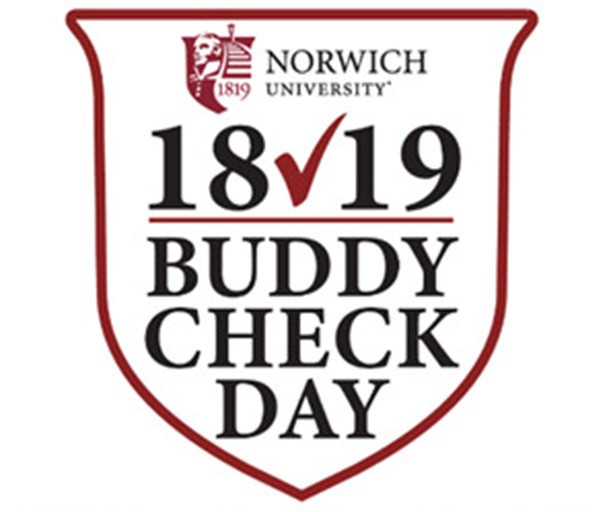
With the changes and uncertainties many are living with today, it is not uncommon for people to feel depressed, sad, lonely and scared. Those coping with post-traumatic stress, traumatic brain injury and other social, economic, mental or physical stressors are most vulnerable to suicide or other self-harm.
Asking a friend, classmate, family member or colleague if they are having thoughts of self-harm or suicide may seem extreme, but it is important. Although people may not show clear signs of intent to harm themselves before doing so, they will likely answer direct questions about their intentions when asked. Asking if someone is having suicidal thoughts will not give them the idea or increase their risk.
Here are some ways to approach a conversation with someone who may be suicidal.
First, assess the situation to determine if the person may be in imminent danger. If you can be direct, ask if the person has any harmful objects in the area, such as firearms, sharp objects, or lethal drugs. Those at the highest risk for suicide often have a specific suicide plan, the means to carry out the plan, a time set for doing it, and an intention of following through with it.
However, some of those who are at risk may not admit that they plan to attempt suicide. If the person won’t talk about it, be sure to look for warning signs in the box below.
|
Warning Signs of Imminent Suicide Risk
|
|
Acting recklessly or engaging in risky activities that could lead to death, seemingly without thinking.
|
|
Showing violent behavior such as punching holes in walls, getting into fights, or engaging in self-destructive violence; feeling rage or uncontrolled anger; or seeking revenge.
|
|
Giving away prized possessions, putting affairs in order, tying up loose ends, and/or making out a will.
|
|
Seeking access to firearms, pills, or other means of harming oneself.
|
If you sense something amiss, even if the person does not appear to be suicidal, it is important to direct them to resources to help them face mental health challenges and more.
National Suicide Crisis Line: Call 1-800-273-8255 or text 838255.
Veterans Crisis Line: 1-800-273-8255 and press 1.
Caring, specially trained responders are available to provide free, confidential support 24 hours a day, 7 days a week, 365 days a year.
The most fundamental responsibility of Norwich alumni is to look out for each other.
“We’ve Got Your Back!”